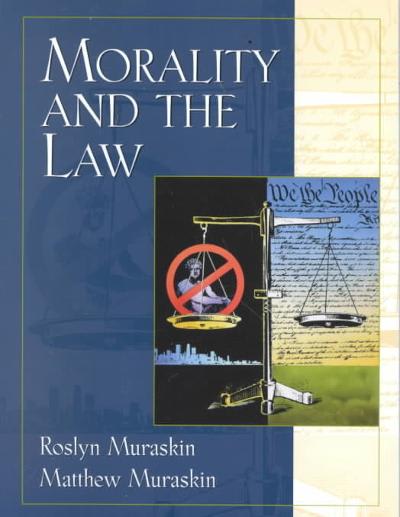Question
Is the buyer of the painting, Ms. Rich, an intended third-party beneficiary of the appraisal contract between Claude and Ray? Claude the Fraud? Scenario: Claude,
Is the buyer of the painting, Ms. Rich, an intended third-party beneficiary of the appraisal contract between Claude and Ray?
"Claude the Fraud?" Scenario:
Claude, a self-described "world-renowned" art expert, provided an appraisal of a Gauguin painting to Ray for $45,000. In his appraisal, Claude estimated the value of that painting at $10 million (USD), but did not mention the fact that at some earlier date Claude had an ownership interest in that painting. Claude's appraisal was later turned over to the plaintiff buyer, Ms. Rich, who relied on Claude's appraisal to purchase the painting from Ray for $8 million (USD.) Ms. Rich immediately arranged to have the painting sold by Christie's auction house in Manhattan. When the bid came in at only $6 million (USD), Ms. Rich withdrew the painting and sued Claude, claiming that Claude had issued a fraudulent appraisal and failed to disclose his own economic interest.
Ms. Rich raised several claims against Claude. Among other claims, Ms. Rich claimed to be an intended third-party beneficiary of the contract between Claude and Ray, and therefore could sue Claude for breach of contract. Ms. Rich also claimed that Claude had engaged in misrepresentation by failing to disclose his previous ownership of the painting.
Step by Step Solution
There are 3 Steps involved in it
Step: 1

Get Instant Access to Expert-Tailored Solutions
See step-by-step solutions with expert insights and AI powered tools for academic success
Step: 2

Step: 3

Ace Your Homework with AI
Get the answers you need in no time with our AI-driven, step-by-step assistance
Get Started


